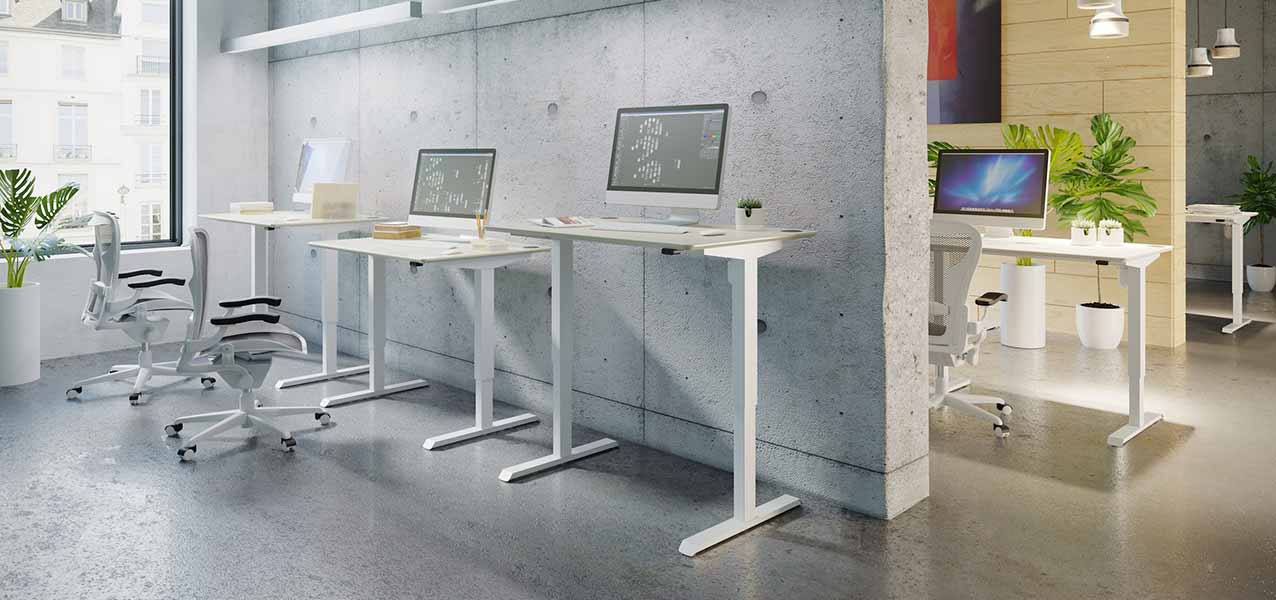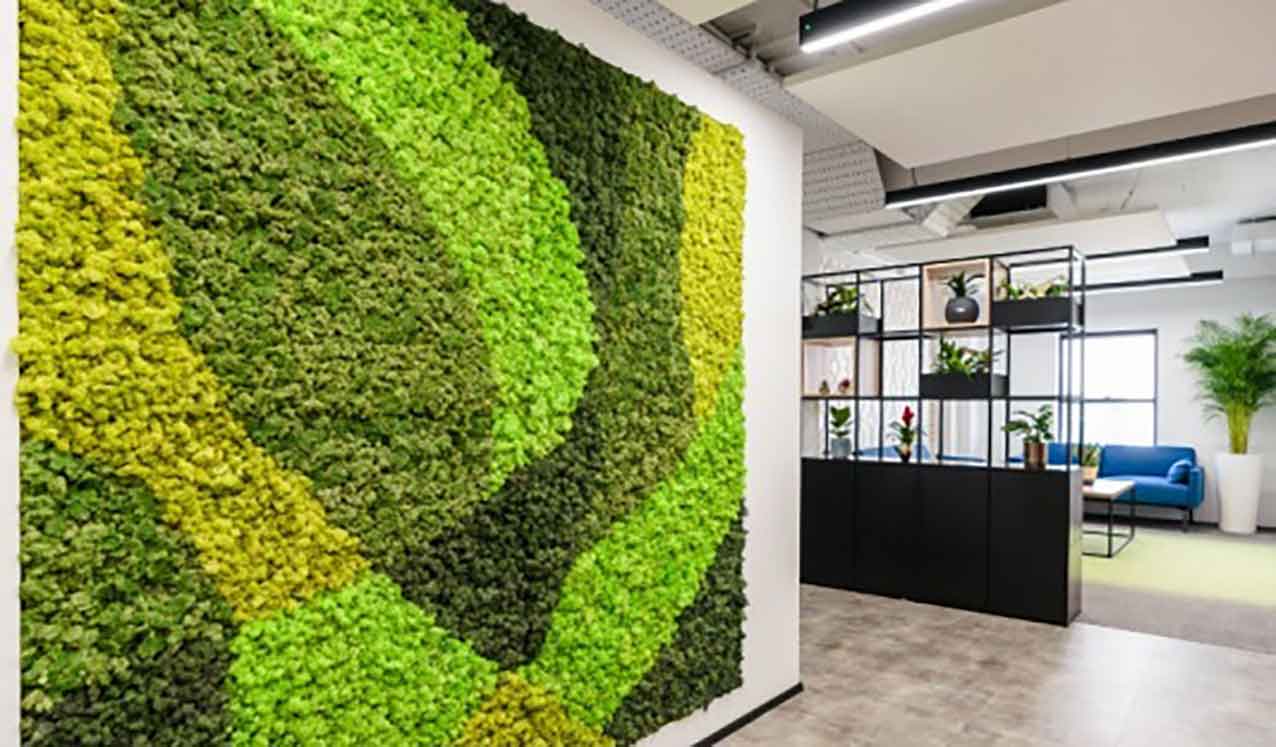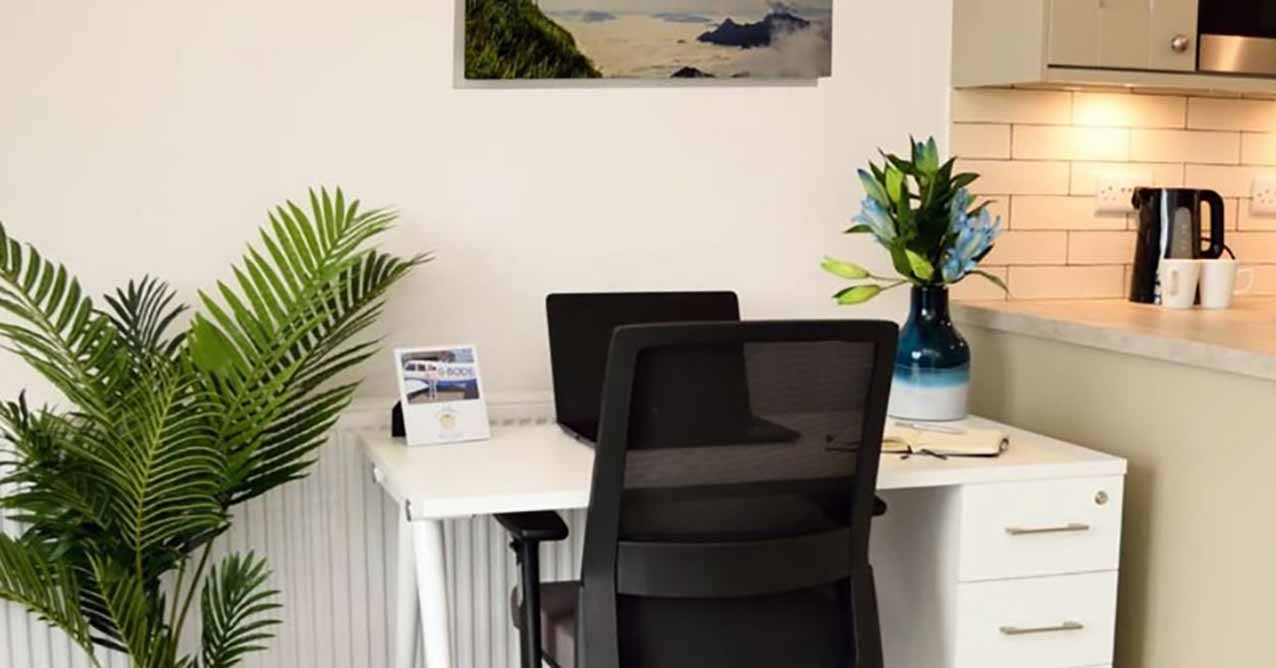Designing Inclusive Workspaces: Catering to Diverse Needs
Posted on 4 July 2025

Designing Inclusive Workspaces: Catering to Diverse Needs
In today’s corporate landscape, inclusivity isn’t just a buzzword—it’s a business imperative. When we speak of designing inclusive workspaces, we mean far more than compliance with building regulations; we’re envisioning environments that empower people of every physical ability and cultural background to thrive.
Recent studies show that nearly one in four people have sensory needs, ranging from auditory sensitivities to visual issues. From a pragmatic standpoint, companies that embed universal design principles—such as adjustable furniture—see measurable boosts: up to 28 % higher revenue, and dramatically improved staff retention.
At Sygnus Office Partnership, we’re committed to leading this transformation, turning office spaces into inclusive ecosystems—built thoughtfully, empathetically, and sustainably.
What Does “Inclusive Workspace” Truly Mean?
Inclusive workspace design addresses barriers not just in mobility, but also sensory, cognitive, and cultural domains. Let’s explore what that entails:
- Physical Inclusion
Inclusive design begins with barrier-free navigation—wide corridors suitable for wheelchairs, ramps, lifts, and automatic doors. Even seemingly small choices—like lever-style door handles and non-slip flooring—increase usability for everyone.
Furniture must support diverse bodies: height-adjustable desks, ergonomic chairs, accessible power sockets, and varied seating. Such flexibility benefits users with physical disabilities alongside others seeking posture variety during the workday.
Restrooms and wellness spaces ensure dignity, privacy, and comfort for all employees.
- Sensory and Cognitive Accessibility
Open-plan offices often overwhelm. That’s why quiet zones, acoustic treatments, and sensory rooms with adjustable lighting, soft textures, and noise-cancelling options are essential—particularly for neurodivergent individuals.
Flexible lighting control—dimmable LEDs, reduced glare, overhead glare—and control of auditory environments are key. Even features like tactile wayfinding, high-contrast visual cues, and clear signage support those with visual impairments or processing disorders.
- Cognitive and Neurodiversity Support
According to Deloitte, designing with neurodiversity in mind benefits everyone—not only those with autism, ADHD, or dyslexia, but the entire workforce.
This includes clear roles and responsibilities, quiet focus rooms, task-tailored work zones, and assistive tech like speech-to-text, captioning, and screen readers.
- Cultural Sensitivity and Belonging
Inclusive spaces honour cultural diversity via prayer rooms, adjustable décor, multilingual signage, and respect for religious observances. Diverse art, accessible meeting setups, and employee resource groups further nurture belonging.
The Business Case: Why It Pays to Be Inclusive
The data is unmistakable: inclusive offices boost employee satisfaction, reduce turnover, and increase productivity. The World Green Building Council reports productivity gains of up to 11% in thoughtfully designed workplaces. Meanwhile, inclusive companies enjoy 22% lower turnover and up to 30% higher profit margins.
For Sygnus’s clients, these numbers translate into teams that feel valued, spaces that support wellbeing, and reputations built on real impact. That’s why inclusive design isn’t optional—it’s strategic.
Sygnus in Action: Delivering Inclusive Environments
Here’s how Sygnus Office Partnership integrates these principles into every project:
- Foundational Accessibility Audit
Our journey begins with a deep-dive audit: mapping physical constraints, engaging with users of diverse abilities, reviewing policies, and leveraging best practices from standards like the UK Equality Act and ISO accessibility guidelines.
- Tailored Design & Furniture
Using modular, ergonomic, and adjustable fittings, Sygnus adapts every workspace to support both seated and standing work, mobility-accessible layouts, clutter-free pathways, and tailored lighting/FA system controls.
- Focused Sensory Solutions
We construct quiet pods, acoustic studios, and sensory retreat rooms. Whether it’s installing wall panels, creating vibro-thermal zones, or providing adjustable light tables, each offering is informed by empathy and technical expertise.
- Technology Integration
Sygnus selects and integrates assistive tech—captioning systems for meeting rooms, voice-controlled desk adjustments, screen readers, and hearing loops. This allows spaces to flex between hybrid and in-person modes without losing engagement.
- Inclusive Amenities
We can design family-friendly zones, prayer rooms, accessibly designed kitchens, and cultural hubs—making inclusion visible in every corner.
- Culture & Training
Design is just the start. We collaborate with clients to launch ERGs, run inclusive-awareness training, and develop neurodiversity coaching. This ensures design, people strategy, and culture work in harmony.
- Measurement & Iteration
By collecting user feedback, conducting satisfaction surveys, and measuring outcome metrics like wellbeing scores, retention, and productivity, Sygnus ensures each build evolves—because inclusive design is an ongoing commitment.
Trends Shaping 2025 and Beyond
Universal Design & Sensory Equity
The movement toward universal and sensory-inclusive design—encapsulated in frameworks like DeafSpace—offers benefits that extend far beyond those with specific needs. Diffused light, transparent sightlines, and tactile wayfinding improve safety, comfort, and collaboration for all.
Modular & Smart Furniture
In synergy with sustainability, modular, reconfigurable furniture supported by IoT sensor systems adapts to users’ changing needs, reducing waste and aligning with circular economy goals.
Eco‑Inclusive Elements
2025 sees green design—living walls, sustainable materials, daylight harvesting—not just as sustainability showpieces, but as essentials for human wellbeing.
Empathy Through Immersive Training
Sygnus integrates immersive VR workshops where decision-makers can experience sensory or mobility challenges firsthand—much like urban planners learning about vision loss. These experiences deepen empathy, leading to better design decisions long-term.
Your Inclusive Future with Sygnus
Imagine an office where every door opens smoothly, corridors welcome mobility aids, meeting rooms offer captioning, focus pods provide calm retreats, and any employee—regardless of background or ability—can collaborate with confidence. That vision is not only possible; Sygnus has delivered it, time and again.
From design to delivery, Sygnus ensures each workspace reflects four pillars of inclusive design:
Designing inclusive workspaces is no longer aspirational—it’s foundational. For workplaces that are accessible, attentive, and adaptable, the rewards are profound: enhanced staff wellbeing, stronger collaboration, richer culture, and healthier business performance.
Sygnus Office Partnership is your guide—from vision to practice. With a blend of empathy-led design, cutting-edge tools, and ongoing partnership, we help organisations not just meet but exceed what accessibility and inclusion can look like. Let’s build inclusive future-proof offices together—spaces where everyone belongs, works, and thrives.
Ready to transform your workspace?
Explore our inclusive design services at Sygnus Office Partnership, and join the movement to empower every person through design.
Tagged as:



